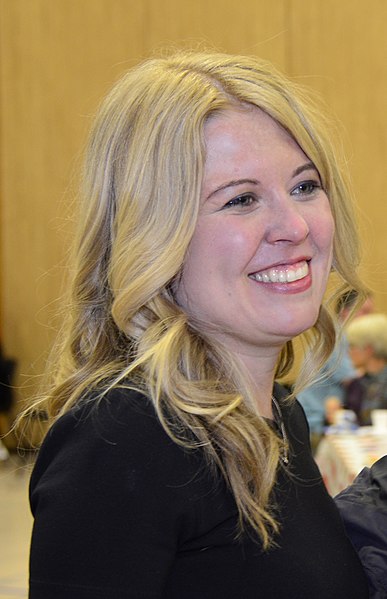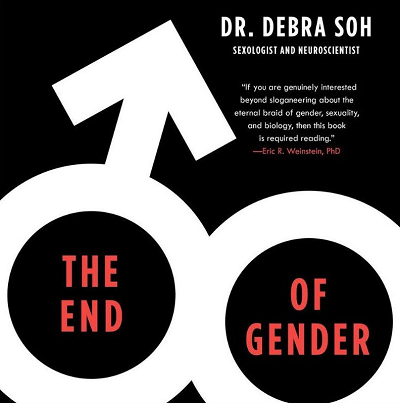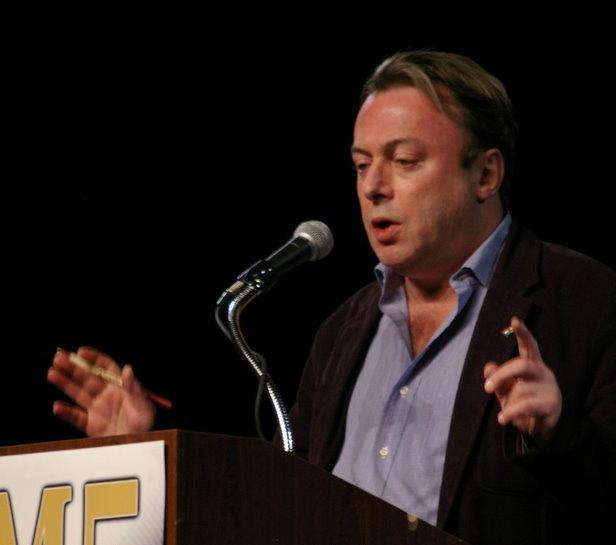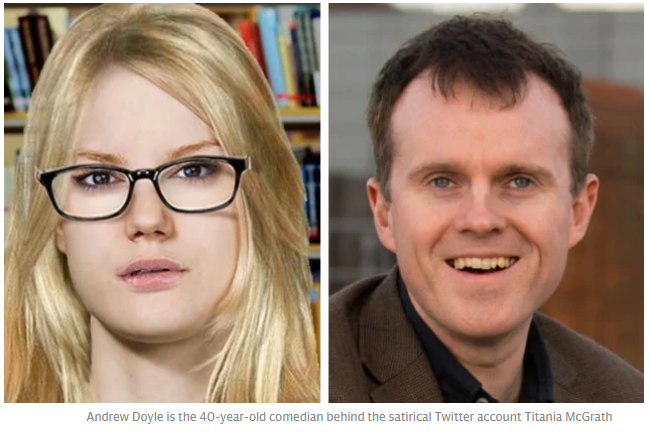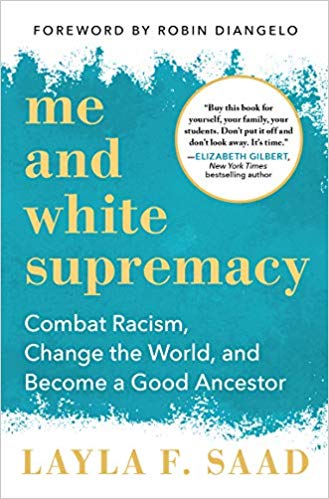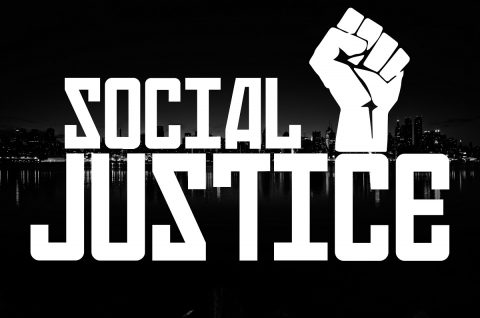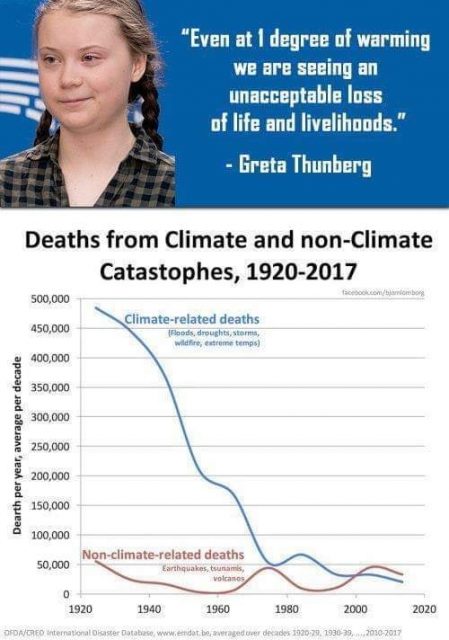In April 2018, Oxford-educated comedian and journalist Andrew Doyle created a satirical Twitter persona, an “activist,” “healer,” and “radical intersectionalist poet” who self-identifies as “selfless and brave.” Titania, an imaginary amalgam of all the worst excesses in the modern social justice movement, fancies herself a voice for minorities of all kinds (whether they know they agree with her or not). What she lacks in self-awareness, she makes up for in conviction.
There are other parody accounts in a vein similar to Titania’s: Jarvis Dupont of the Spectator USA, for example, or Wrightly Willowleaf (who moved to Williamsburg before it was cool). But none of them has achieved Titania’s notoriety, or her reach (418.4K followers). Doyle attributes some of this success to a much-publicized Twitter ban. But that’s perhaps too modest: Titania is a note-perfect creation, as frighteningly accurate as she is screamingly funny. “[Y]ou need to understand that which you are critiquing,” Doyle told me: more than anything, his tweets as Titania demonstrate an incisive grasp of how radical progressivism functions and why woke politics commands such hypnotic power over the 21st-century Western psyche.
Doyle is among a growing number of classical liberals who have simply had enough: witty, thoughtful, and profoundly humane, he is the kind of eloquent sophisticate who would have been quite uncontroversial as a cultural critic and public intellectual in a less turbulent era. But that wasn’t his fate. Comedy and culture have been so strangled by political correctness that he is “at that point where I feel that it would be morally wrong to be silent” about the crisis of free public discourse in the West. Still, there is much more to Doyle than politics and polemic. I spoke to him at some length about his philosophical outlook, his academic interests, and his career beyond Titania.
[…]
S.K. Yes, something you capture really well with Titania is the complete lack of self-awareness, the oblivion of people to their own racism even as they criticize racism in others.
Let’s talk about that moment when Titania got banned: you’ve written elsewhere that “those in power cannot tolerate being ridiculed.” That was a theme when we interviewed Kyle Mann of the Babylon Bee as well: why do you think ridicule gets woke people so angry?
A.D. Because it’s an effective way to expose their folly. There’s something very instinctive that we all have as human beings: we don’t like being laughed at. And that makes sense: it feels like a form of humiliation. But I also think that’s why it’s a good way to puncture and deflate those kinds of pretensions. And they absolutely don’t like it — I mean, tyrants throughout history have locked up and killed satirists. We had the Bishop’s Ban on any satirical work in Great Britain, and that was in 1599. You’ve got president Erdogan in Turkey who will lock up satirists and call for their arrest — so it’s a pretty standard feature of history.
Of course, with Titania, the misinterpretation of what she’s doing is that she’s punching down, she’s attacking minorities. That’s not the point at all: it’s attacking the social justice movement, which is very very powerful but doesn’t perceive itself to be powerful. That’s why they claim victimhood: so that they can say mocking social justice is mocking the weak. It’s not, of course. It’s mocking those who are in power.
S.K. You’re absolutely right that persecution of satire by the powerful is as old as satire itself — goes back to the court of Ptolemy II, probably further. So let’s talk about power.
Based on what you’ve written it seems as if you feel that wokeness wields a kind of soft power — a cultural power more than a legal or a political power. I’m reminded a bit of Shelley’s argument that poets are the “unacknowledged legislators of the world.” How is it that you think the woke and the social justice movement came to acquire the overwhelming degree of cultural power they now have?
A.D. I think it’s because the woke movement is largely driven by people who are independently wealthy and privately educated. Just to give you an example from the U.K.: 7% of our country is educated privately. So those are the richest people, but those 7% dominate the arts, and the media, and journalism, and the law, and education, and the government. So what you have is a very small coterie of very powerful people who disproportionately control the direction of culture.
The BBC is a good example of an institution that is overly dominated by privately educated people, and it’s very very woke. So there seems to be a correlation. And similarly, the universities where they have the most woke students, and the most people wanting to de-platform and censor — which comes hand-in-hand, obviously, with woke culture — there is a clear correlation between the economic privilege of students and how woke they are. So the worst examples you’ll find are in places like Oxford University, Cambridge University, Yale, and Harvard. Those will be the ones where you get the most egregious examples of censorial wokeness. And of course those are the kids who come from the most privileged backgrounds.
It is no surprise to me that those with the most would like to claim to have the least and to be the most oppressed. There was a survey in the Atlantic about political correctness, and by a long way, the people who resent political correctness the most are the ones whom it purports to defend: the ethnic minorities and the sexual minorities and so on. And the people who support political correctness the most tend to be rich white liberals, by a long way. I think there’s something quite strategic about holding on to power by claiming to be oppressed or claiming to stand up for the oppressed. It’s something which I think is unprecedented in history: those who claim to be the victims also seize the power. It’s very unusual.
